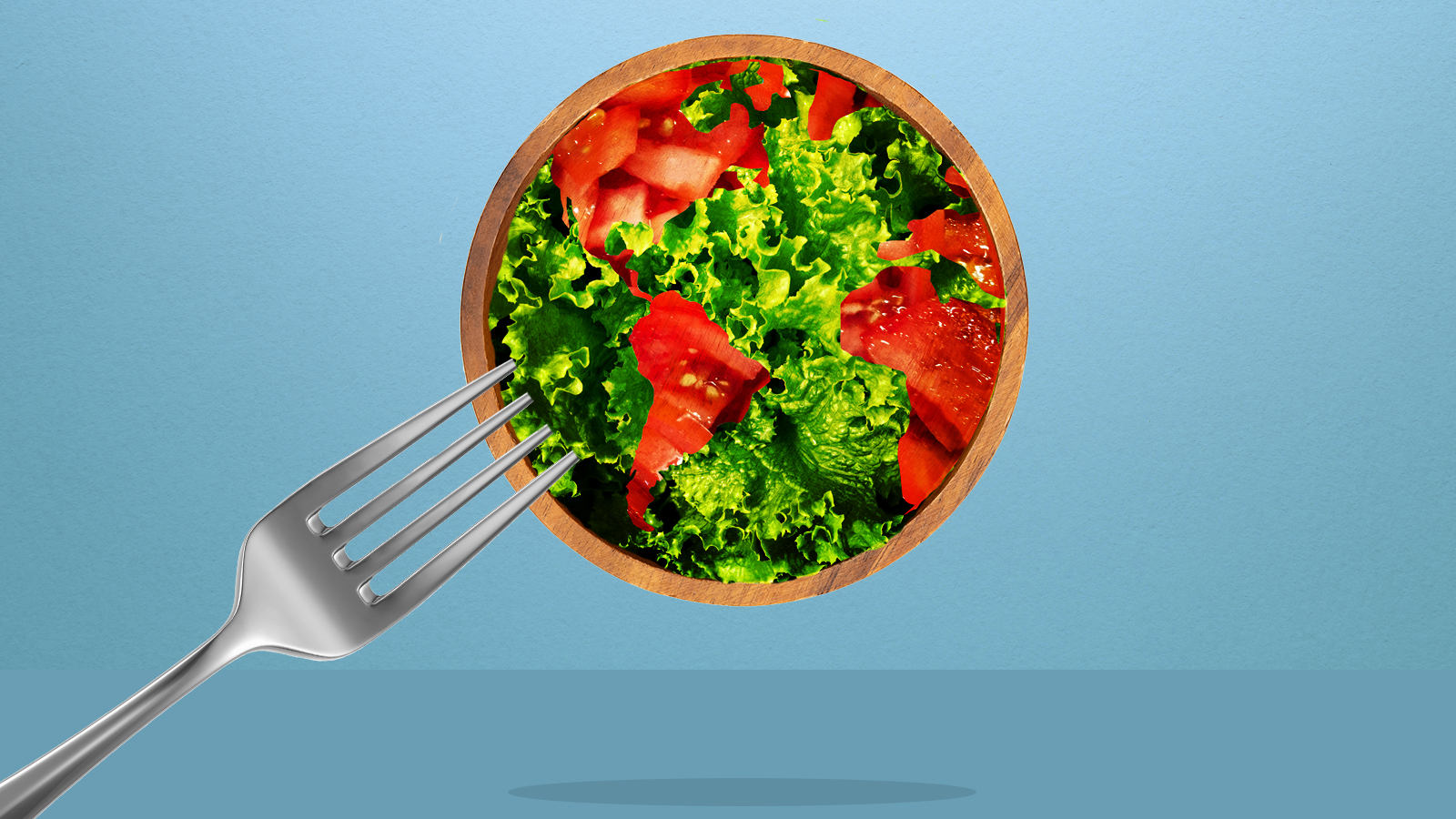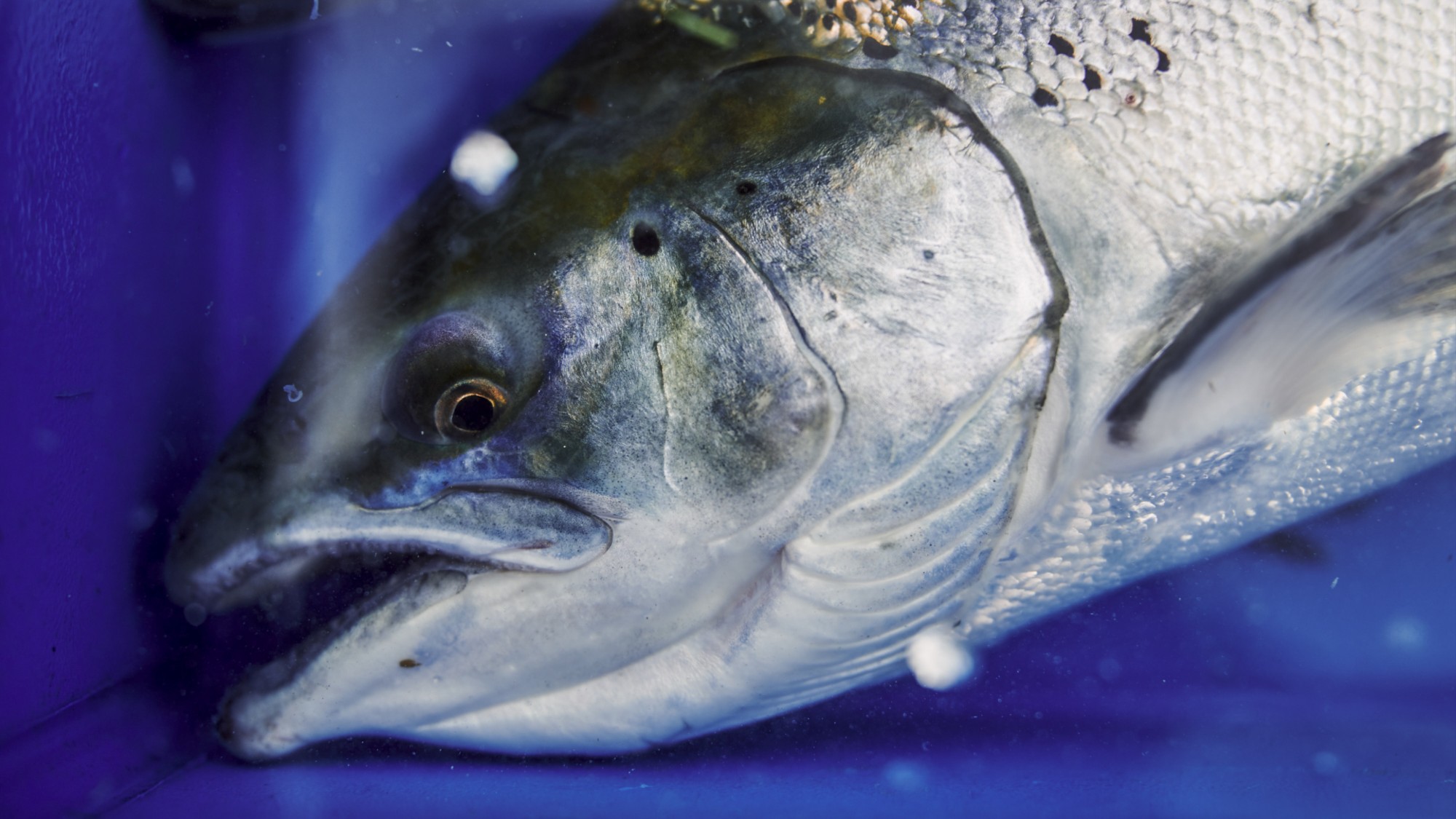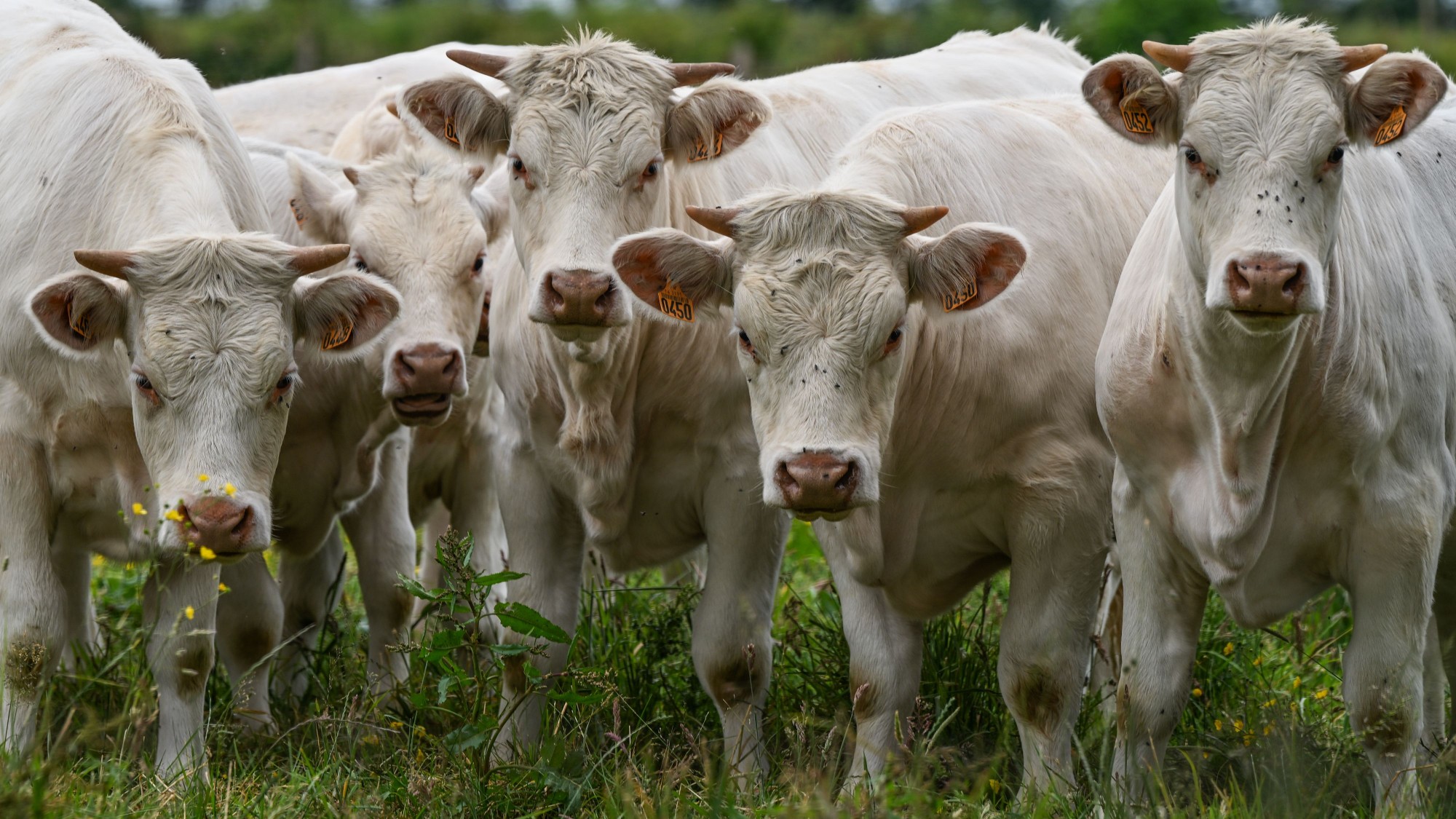Does thinking globally mean eating locally?
Local eating has its benefits but is not the end-all of responsible food consumption


A free daily email with the biggest news stories of the day – and the best features from TheWeek.com
You are now subscribed
Your newsletter sign-up was successful
For some, the environmentally conscious adage "think globally, act locally" includes eating locally. Purchasing and consuming "more locally grown produce and other foods from farmers and producers in your community," per Healthline, is a way of acting locally, citing the benefits of supporting your local community as well as reducing your carbon footprint. However, others say the benefit of local eating is overstated and there are other dietary decisions you can make to better support the environment.
It's about what and how, not where
Research has found that the "transport emissions of food are trivial," explained Christine Ro at Forbes, adding that "how food is produced has a much bigger impact than how it's transported." Food miles are the "distance food travels from where it is grown to where it is ultimately purchased or consumed by the end user," according to the Global Development Research Center, and it only accounts for a small percentage of the carbon footprint of food production.
Just because a product comes from a local product also doesn't mean that it's necessarily greener. "Growing seasonal produce under the sun and then exporting it generally results in much lower emissions than growing it domestically in energy-guzzling greenhouses," Ro added. "It's more important to focus on how your food is produced," Cecilia Nowell wrote in The Guardian. "Eating local can be a part of that, but it doesn't have to be."
The Week
Escape your echo chamber. Get the facts behind the news, plus analysis from multiple perspectives.

Sign up for The Week's Free Newsletters
From our morning news briefing to a weekly Good News Newsletter, get the best of The Week delivered directly to your inbox.
From our morning news briefing to a weekly Good News Newsletter, get the best of The Week delivered directly to your inbox.
"Although many local farms tout themselves as ethical alternatives to industrial agriculture, there's no rule saying they have to be organic or worker-friendly," Nowell continued. "In many crops, it's the fertilizer and pesticides required to grow large quantities of food on industrial farms." In addition, meat will always have a worse carbon footprint than produce. "It is not the location that makes the carbon footprint of your dinner large, but the fact that it is beef," remarked Hannah Ritchie in Our World in Data. It doesn't matter "whether you buy it from the farmer next door or from far away."
Stability and nutrition
Local products are also better for reducing waste, "particularly of plastic packaging and plastic bags," supporting local green spaces and reducing the carbon emissions associated with travel, Healthline added. But most significantly, "robust local food systems offer immunity from food shortages," Joanne Will wrote in CBC. "If we don't patronize our local producers now, they won't be here tomorrow, and we'll be left to the mercy of a faceless, nameless 'supply chain' for food," which may not hold up in a disaster like another global pandemic.
The globalization of food "creates an unstable and potentially unsustainable system for both the farmer and the consumer," because "farmers have to grow products to sell to consumers on the other side of the continent or halfway around the world," Richard Gast of the Cornell Ag Connection wrote in Press-Republican. "Local food systems alleviate and even eliminate that kind of instability, while allowing community members to get closer to the sources of the wholesome, nutritious food they're eating."
Local food, especially produce, may also give you the "biggest bang for your buck when it comes to nutrition," Healthline stated. "Local produce sold at farmers markets may be picked or harvested just a day or two before — or on the morning of the market," which is not only fresher but more nutritious because the products tend to "lose some of their nutrients during transportation and processing or while sitting on grocery store shelves."
A free daily email with the biggest news stories of the day – and the best features from TheWeek.com
Devika Rao has worked as a staff writer at The Week since 2022, covering science, the environment, climate and business. She previously worked as a policy associate for a nonprofit organization advocating for environmental action from a business perspective.
-
 The 9 best steroid-free players who should be in the Baseball Hall of Fame
The 9 best steroid-free players who should be in the Baseball Hall of Famein depth These athletes’ exploits were both real and spectacular
-
 ‘Bad Bunny’s music feels inclusive and exclusive at the same time’
‘Bad Bunny’s music feels inclusive and exclusive at the same time’Instant Opinion Opinion, comment and editorials of the day
-
 What to watch on TV this February
What to watch on TV this Februarythe week recommends An animated lawyers show, a post-apocalyptic family reunion and a revival of a hospital comedy classic
-
 Let these comedians help you laugh your way through winter
Let these comedians help you laugh your way through winterThe Week Recommends Get some laughs from Nate Bargatze, Josh Johnson and more
-
 5 tips for decluttering to get you through spring cleaning and beyond
5 tips for decluttering to get you through spring cleaning and beyondThe Week Recommends Organizing your space does not have to be quite so stressful
-
 10 upcoming albums to stream in the hazy spring
10 upcoming albums to stream in the hazy springThe Week Recommends Ring in the end of the cold weather with some new music
-
 10 concert tours to see this spring
10 concert tours to see this springThe Week Recommends As winter comes to an end, check out a variety of live performances
-
 Meghan Markle's new Netflix show and the media backlash
Meghan Markle's new Netflix show and the media backlashTalking Point With Love, Megan offers fresh insights into her 'mind-bogglingly exclusive lifestyle' in California
-
 The dark side of salmon farming
The dark side of salmon farmingIn the Spotlight Scottish salmon is the UK's biggest global food export, but concern is growing over record-high death rates, escapes and environmental impact
-
 Bovaer: the new dairy additive prompting boycotts and conspiracy theories
Bovaer: the new dairy additive prompting boycotts and conspiracy theoriesIn The Spotlight Manufacturer says it wants to reduce methane emissions from cows but social media criticism has grown
-
 Despite the pandemic and environmental alarm, the cruise industry is soaring
Despite the pandemic and environmental alarm, the cruise industry is soaringIn the Spotlight Royal Caribbean, Carnival and Norwegian all went into 2024 with record high bookings
